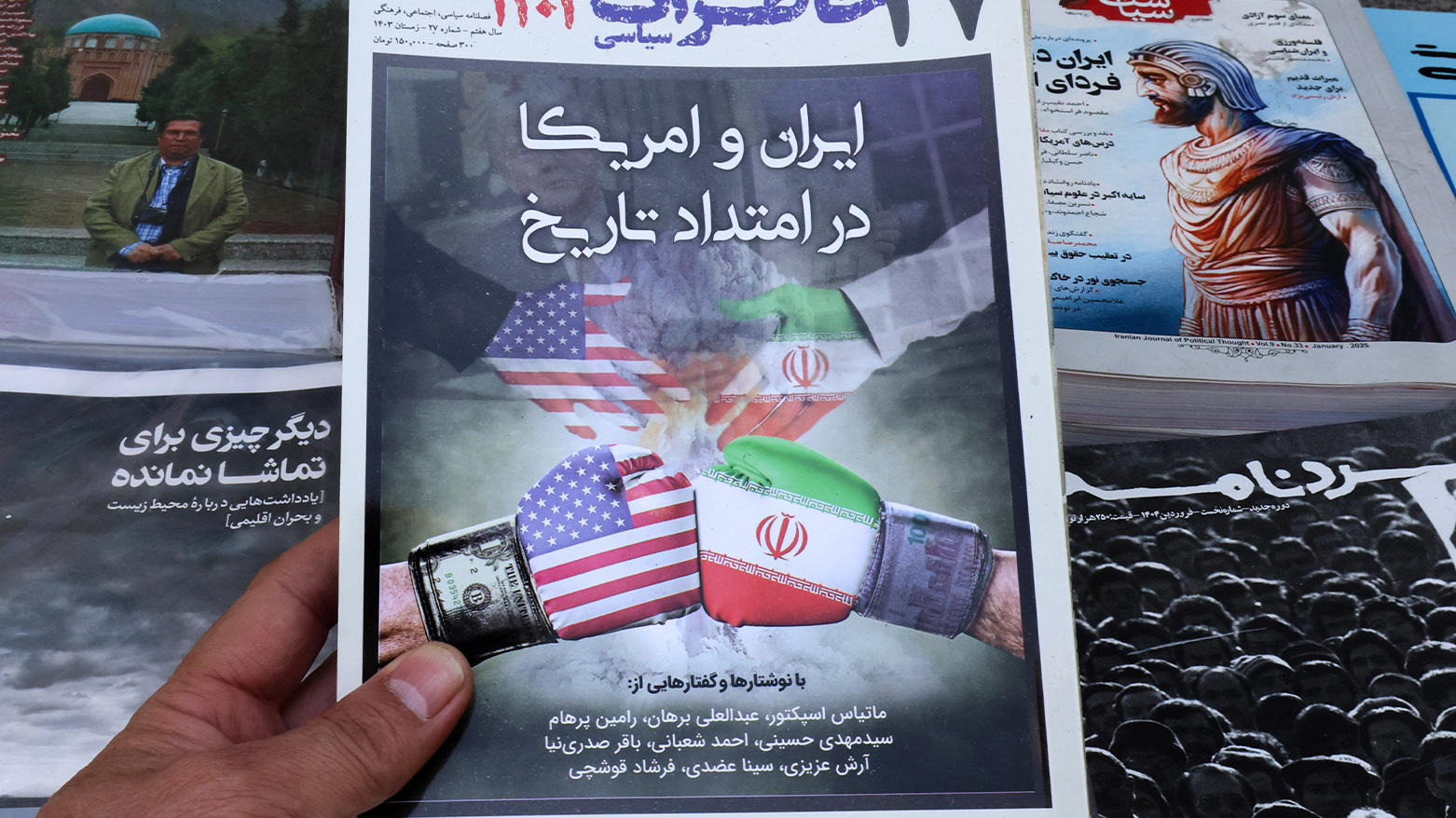Iran-U.S. Nuclear Talks Resume in Oman Amid Deep Divisions Over Missiles, Enrichment
These discussions follow two rounds of preliminary talks in Oman and Rome, where both parties described the atmosphere as constructive yet acknowledged the persistence of major disputes.

By Kamaran Aziz
ERBIL (Kurdistan24) — In a high-stakes diplomatic effort that could redefine regional stability, Iranian and U.S. negotiators are set to meet again on Saturday in Muscat, Oman, for a third round of talks aimed at curbing Tehran’s advancing nuclear program. Despite cautious optimism expressed by both sides, significant gaps remain, particularly over Iran’s ballistic missile program and uranium enrichment activities.
According to the report by Reuters, Iran’s Foreign Minister Abbas Araghchi and U.S. Middle East envoy Steve Witkoff will conduct indirect negotiations through Omani mediators. These discussions follow two rounds of preliminary talks in Oman and Rome, where both parties described the atmosphere as constructive yet acknowledged the persistence of major disputes. Talks are beginning at the expert level, laying the groundwork for potential agreements on technical aspects such as nuclear facility monitoring and enrichment limits.
President Donald Trump, in an interview with Time Magazine published Friday, voiced confidence that a deal could be achieved. "I think we're going to make a deal with Iran," Trump stated, although he reiterated threats of military action should negotiations fail. Trump’s administration has reimposed maximum pressure sanctions on Iran since February and remains firm on preventing Tehran from obtaining nuclear weapons.
The New York Times highlighted the stakes involved, noting that a successful deal could avert a broader U.S.-backed Israeli conflict with Iran, which has been enriching uranium to 60% — just short of weapons-grade. Iran maintains that its nuclear program is strictly for civilian energy purposes, a claim not definitively contradicted by the International Atomic Energy Agency (IAEA).
Despite previous rounds described as promising, core issues remain unresolved. According to Al-Monitor, Tehran insists its right to enrich uranium is nonnegotiable and views recent comments by U.S. Secretary of State Marco Rubio, who suggested that Iran should cease enrichment altogether and rely on imported fuel, as contradictory and unhelpful. Iranian Foreign Ministry spokesperson Ismail Baghaei emphasized Tehran's demand for "serious and realistic" negotiations that respect Iran’s sovereign rights.
A critical flashpoint emerging is Iran’s ballistic missile program. As reported by Reuters, Iranian officials consider U.S. demands to limit missile development a bigger obstacle than nuclear issues. Tehran refuses to negotiate its missile capabilities, framing them as essential defensive measures. European diplomats, however, have reportedly pressed U.S. negotiators to ensure that any comprehensive deal prevents Iran from developing missiles capable of carrying nuclear warheads.
Meanwhile, Tehran’s diplomatic maneuvering extends to Europe. Iran has made overtures to Britain, France, and Germany, all JCPOA signatories, aiming to forestall the "snapback" reimposition of UN sanctions set for October. Iranian officials argue that a new agreement with Washington could mitigate European pressures and ease the severe economic strain caused by years of sanctions.
The atmosphere in Tehran reflects cautious hope. As Al-Monitor reported, Iran’s Supreme Leader Ayatollah Ali Khamenei — traditionally skeptical of diplomacy with Trump — recently invoked a historical Shiite precedent to justify engagement with adversaries when expedient for survival. This signals high-level political backing for the current negotiation efforts.
However, prospects remain uncertain. As The New York Times noted, internal divisions within the Trump administration over the extent of permitted Iranian enrichment could derail the talks. National Security Adviser Mike Waltz has demanded total dismantlement of Iran's nuclear program, a position Tehran flatly rejects.
Both sides also face immense domestic pressures. Trump must navigate criticisms that any deal may mirror the Obama-era JCPOA he previously condemned, while Iran must manage public discontent fueled by economic hardship and hopes for sanctions relief.
The outcome of the Muscat talks could define the future of the Middle East. Failure to achieve even an interim agreement risks reigniting escalations, with Israel reportedly having prepared contingency plans for military action against Iranian facilities. Success, however, could reshape not only Iran’s economy but also regional alliances and global nuclear nonproliferation efforts.
As negotiations unfold behind closed doors, the world watches closely to see whether diplomacy can bridge entrenched divides — or whether another chapter of confrontation looms on the horizon.